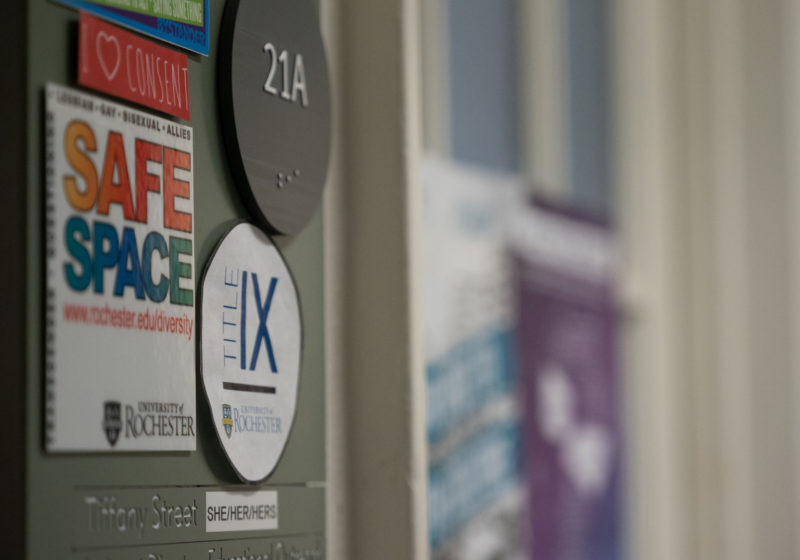On Feb. 11, the College Diversity Roundtable (CDR), led by CDR Chair and Director of the Paul J. Burgett Intercultural Center (ICC) Jessica Guzmán-Rea, met to discuss proceedings about cultural celebrations and University holidays, and a summary on Fall 2021 bias reports.
The CDR, which meets monthly, focused on these topics as a result of the student backlash against a professor’s decision to deny a student the ability to make up a lab for the Lunar New Year.
Sophomore and SA Minority Student Affairs Liaison Adrija Bhattacharjee was the first student to speak up about the faculty policy, which currently gives professors the decision-making power to grant students exemptions that are outside of University holidays. “We can put the Lunar New Year in the policy mandate for right now, make it a University holiday, but then there have to be so many days that come up after that that mean so much, so how do you draw the line?”
Bhattacharjee spoke about minority students whose holidays are often unfamiliar to professors until they bring them up, saying, “Why do we have to wait? Why do we need to explain to all of you that it doesn’t need to be put onto paper — that our word should be enough? That’s just this tiring conversation that we’re continuing to have over and over again […] I think we should just start with listening to the student first, being empathetic from the get-go, and that’s the bare minimum. We should be expecting that. That is not something we should need to talk to grown adult faculty [about] at this point.”
In favor of adding more student input on excused absences, Assistant Director of the CARE Network Issha Travers said, “Students have shared with CARE Network a theme of flexibility and empathy at the onset of COVID-19, and then what feels like a shift to rigidity — despite the pandemic continuing to impact students. Though I will note there have been many lovely and accommodating faculty offerings and relationships.”
Another topic of conversation was the Medallion Program workshop that occurred on Feb. 10, where the presenter and attendees engaged in conflict and the event ended prematurely as a result of high tension. Senior Program Assistant for the ICC Hannah Witkin had this to say: “This University often says that a reason for acting or not acting on something is because the University doesn’t take stances on geopolitical issues […] But then, when it comes to this one workshop, you have geopolitical conflict being conflated as religious conflict […] and I was shocked that the Medallion Program was hosting this workshop, that WCSA was promoting this workshop.”
As a summation of everything that had been discussed, junior Sierra Sadowski said, “As someone who was not at the workshop but who works with the Interfaith Cooperation on campus, I think it’s also important not to sideline the voices of our religious student groups on campus in favor of an academic approach […] It is important to include academic voices who can speak to cultural and political conditions that create and proliferate antisemitism, or any prejudicial attacks against POC, religious folks, etc., but not in lieu of the leaders of student groups who are interested in discussing and tackling serious issues such as antisemitism with more care and expertise.”
The next CDR meeting will be held on March 18.



